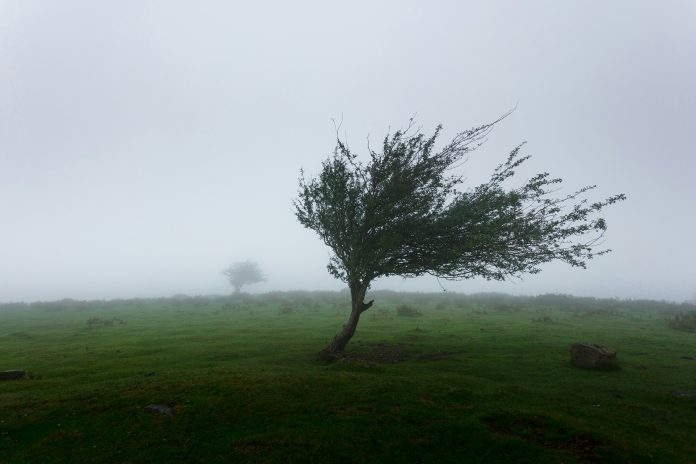The City’s Disaster Risk Management (DRM) teams are figuring out how it will handle adverse weather conditions, with winter less than a month away.
This follows its quarterly meeting on public safety risks, with a particular focus on the weather outlook provided by the South African Weather Service.
According to Mayoral Committee Member for Safety and Security, JP Smith, the current weather outlook shows below-normal rainfall and warmer temperatures. But Smith says he’s still weary of what the winter season will bring. He highlights the increasing frequency of extreme weather events in Cape Town in recent times.
“A few years ago, we were staring down the barrel of a drought. In recent times, there’s been an increase in extreme weather warnings and episodes, like the lightning in April that resulted in numerous fires, damaging winds that accelerate the spread of fires, but also down roofs, trees and power lines, and even ocean surges, like the one last September that affected Gordon’s Bay and surrounds.”
ALSO READ: Disaster declared over Heritage Day long weekend floods
Smith says the DRM centre logged 10 299 adverse weather-related incidents, between July 2023 and March this year. He says 21 419 people were affected.
Planning and collaboration
Despite planning on how to manage disasters in the city, Smith says it’s complex to effectively plan with unpredictable weather conditions.
As such, Smith is urging residents to take the necessary precautionary measures, especially while clear skies and warmer days are forecast.
“These weather events make planning so much trickier, because how do you possibly mitigate the impact of level six damaging winds, for example? DRM’s slogan is that disaster risk management is everybody’s business, and so as we head into our winter period, I call on the public to take this to heart.”
He says residents can do the following to reduce the impact of adverse weather events:
- Clearing out drainage systems
- Raising the floor level of a structure so that it is higher than the natural ground level
- Raise furniture on bricks to clear from the floor to limit water damage
- Make sandbags
- Dig trenches around the house to divert water away from the house
- Report blocked drains, intakes and illegal dumping – illegal dumping in the stormwater canals and sewers make flooding worse
- Waterproof roofs, clear gutters and remove dead tree branches
Broader perspective
In light of the potentially harsh winter conditions, and the impact these weather patterns have on vulnerable groups in informal settlements, rural areas, and the homeless – the Western Cape Government has been working to ensure that its winter readiness programmes are up and running across the province.
The Department of Social Development is a key role-player in this.
Social Development MEC, Sharna Fernandez, says initiatives include providing psycho-social support, linking individuals to food relief and shelters, assessments and referrals to SASSA for social relief od distress assistance and coordinating with non-government organisations for humanitarian relief.
Fernandez further stressed the importance of a coordinated response to mitigate the impact on vulnerable communities. She also encourages residents to support by volunteering and donating to registered NGOs.
“The department works closely with other government agencies and NGOs that provide humanitarian relief. We have seen time and time again how a coordinated and collaborative response is the most effective way to mitigate the impact of weather-related disasters on vulnerable groups.”


